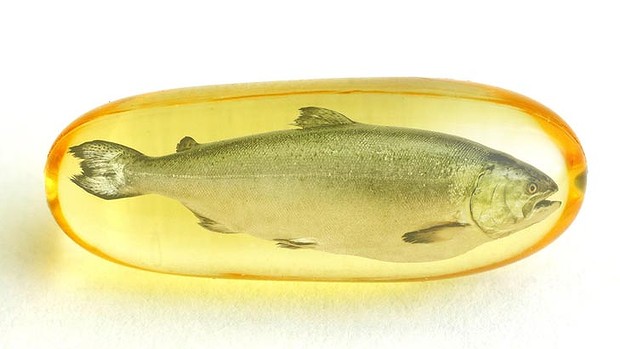According to new research by UCI scientists, fetus’, babies’ and children’s brains need the types of fatty acids found in fish to develop. Dietary deficiencies in this area actually limits brain growth, Susana Cohen-Cory, professor of Neurobiology and Behavior at the University of California-Irvine’s School of Biological Sciences and lead researcher on the study, found.
The study represents proof for the first time of how n-3 polyunsaturated fatty acids cause changes in the molecules of a developing brain. Constraints caused by deficiency of these nutrients result in limited growth of neurons and connecting synapses because docosahexaenoic acid (DHA), which is required neural and synaptic development, is based on fatty acids.
The team used African clawed frogs. The frogs were an excellent model, according to the researchers, because the embryos develop outside of the mother and are translucent, so the development of neurons and synapses can be observed in the intact, living embryos.
The team found that when they cut off the fatty acids to female frogs, the healthy growth of the central nervous system of their tadpole offspring was inhibited — poorly developed neurons and limited numbers of synapses resulted.
When the researchers returned the fatty acids to the next generation of mother frogs, neuronal and synaptic development returned to normal for the third generation.
The foods that have n-3 polyunsaturated fatty acids include salmon, mackerel, trout, sardines, herring and other oily fish — which are the richest source of this nutrient. They can also be found in eggs and meat. Other foods, such as nuts, whole grains, dark green leafy vegetables and nuts also have the fatty acids, but much less. Oily fish contain 10 to 100 times more dietary DHA than the non-meat options.
Additionally, DHA is present in breast milk. It is also an ingredient in baby formulas and is a supplement for premature babies.
The study, “Impact of Maternal n-3 Polyunsaturated Fatty Acid Deficiency on Dendritic Arbor Morphology and Connectivity of Developing Xenopus laevis Central NeuronsIn Vivo,” was completed by Miki Igarashi, Rommel A. Santos, and Susana Cohen-Cory
By Cheryl Bretton
